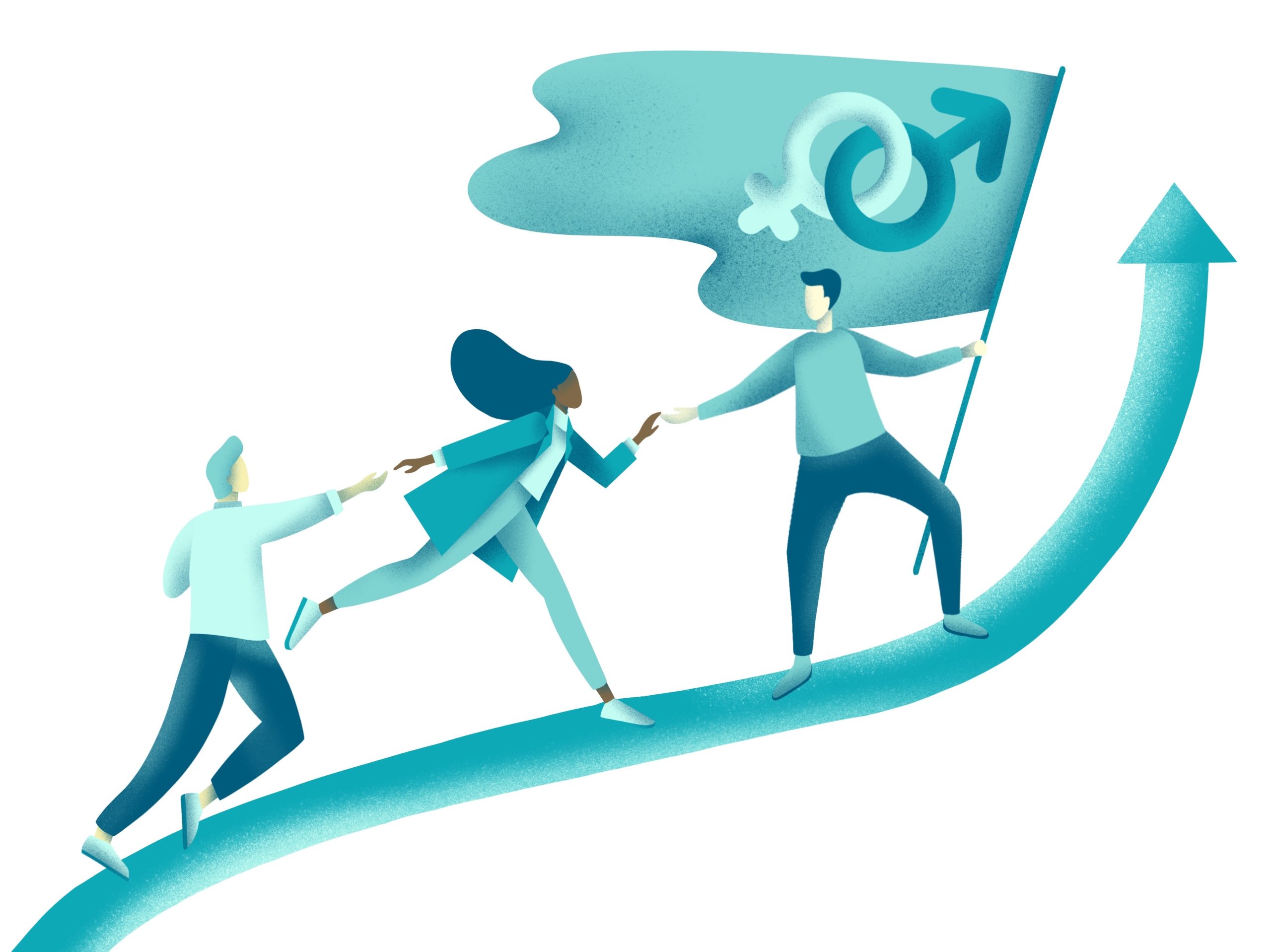Ten years ago, the International Gender Champions (IGC) was founded with a simple yet bold vision: to mobilise international leaders for gender equality. Launched in 2015 in Geneva, three visionary decision-makers sparked the initiative that soon grew into a movement: Michael Møller, former Director-General of the United Nations Office at Geneva, Pamela Hamamoto, former Permanent Representative of the United States of America to the UN and other International Organisations in Geneva, and Caitlin Kraft-Buchman, CEO and Founder of Women at the Table. Today, the IGC has grown into a global network spanning six hubs – Geneva, Nairobi, New York, Paris, The Hague and Vienna – and uniting over 800 current and former Champions.
Over the past decade, marked by both progress and setbacks, the IGC has not compromised on its ambition to be a transformative force in global multilateralism. As gender equality gains grow fragile amid rising political divisions, regressive rhetoric, and coordinated pushback against women’s rights, the IGC sends a clear message: principled leadership for gender equality is more vital now than ever.
Gender Champions – heads of International Organisations, Diplomatic Missions and Civil Society Organisations – commit to tangible change. They pledge to reject all single-gender panels, uphold a zero-tolerance stance towards gender-based violence, and make two personal commitments annually to advance gender equality via their institutional and programmatic work. Collectively, International Gender Champions have made over 5,000 personal commitments, with 88% finding the impact of their actions to be significant. In 2024, 79% of Champions reported having spoken up publicly or privately against gender-based violence.
By bringing leaders together across sectors through its Impact Groups, the network has also catalysed structural change. More than 120 entities have signed the Buenos Aires Declaration on Women and Trade, while over 80 leaders have endorsed the Geneva Pledge for Gender-Responsive Climate Action. These milestones underscore the IGC’s ability to influence policy and practice across critical domains—from climate to commerce, disarmament to digital rights.
As 2025 also marks the 30th anniversary of the Beijing Declaration, 25 years of the Women, Peace, and Security agenda, and the five-year countdown to the Sustainable Development Goals, the IGC’s 10-year milestone is more than a celebration: it is a call to urgent and collective action. In this pivotal moment, as backlash against gender equality and fundamental human rights intensifies globally, the IGC network stands united in its resolve: to transform ambition into action and ensure a just, inclusive, and truly equal future for all.



